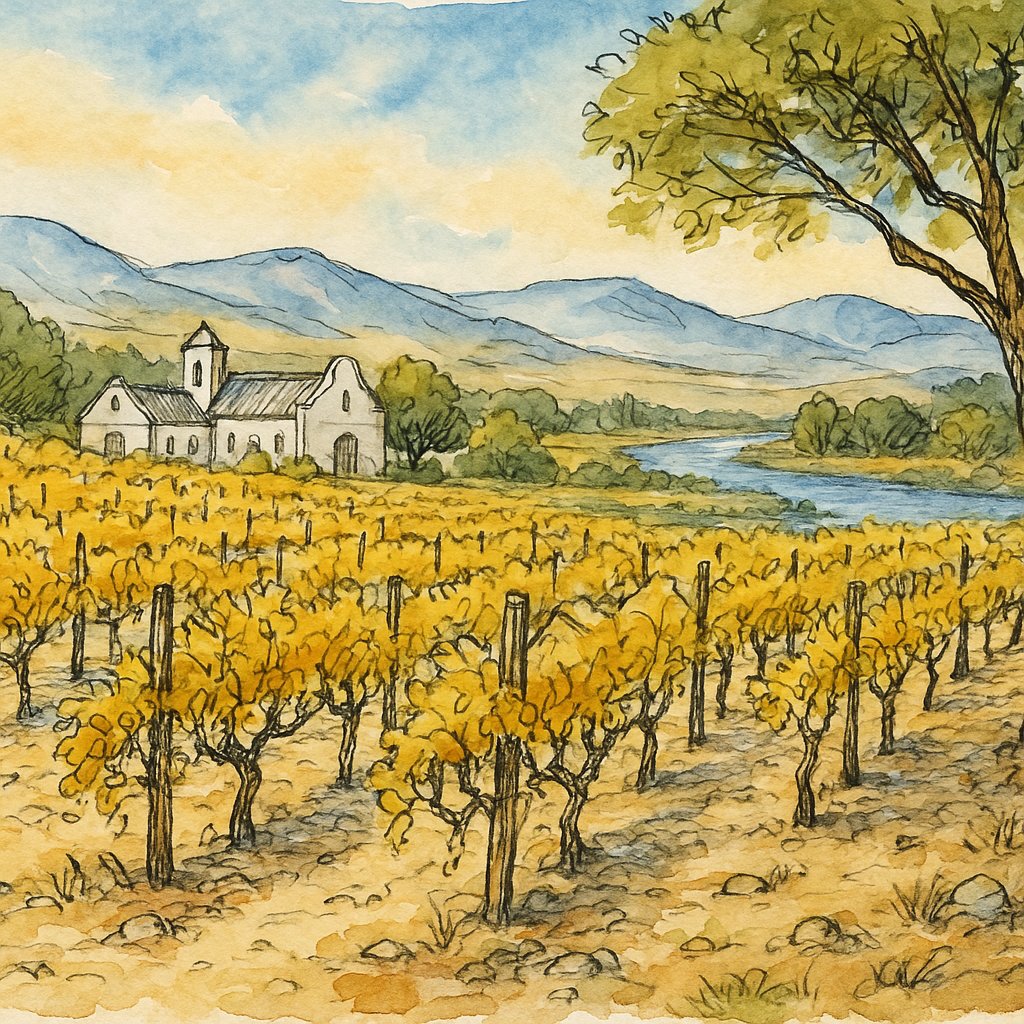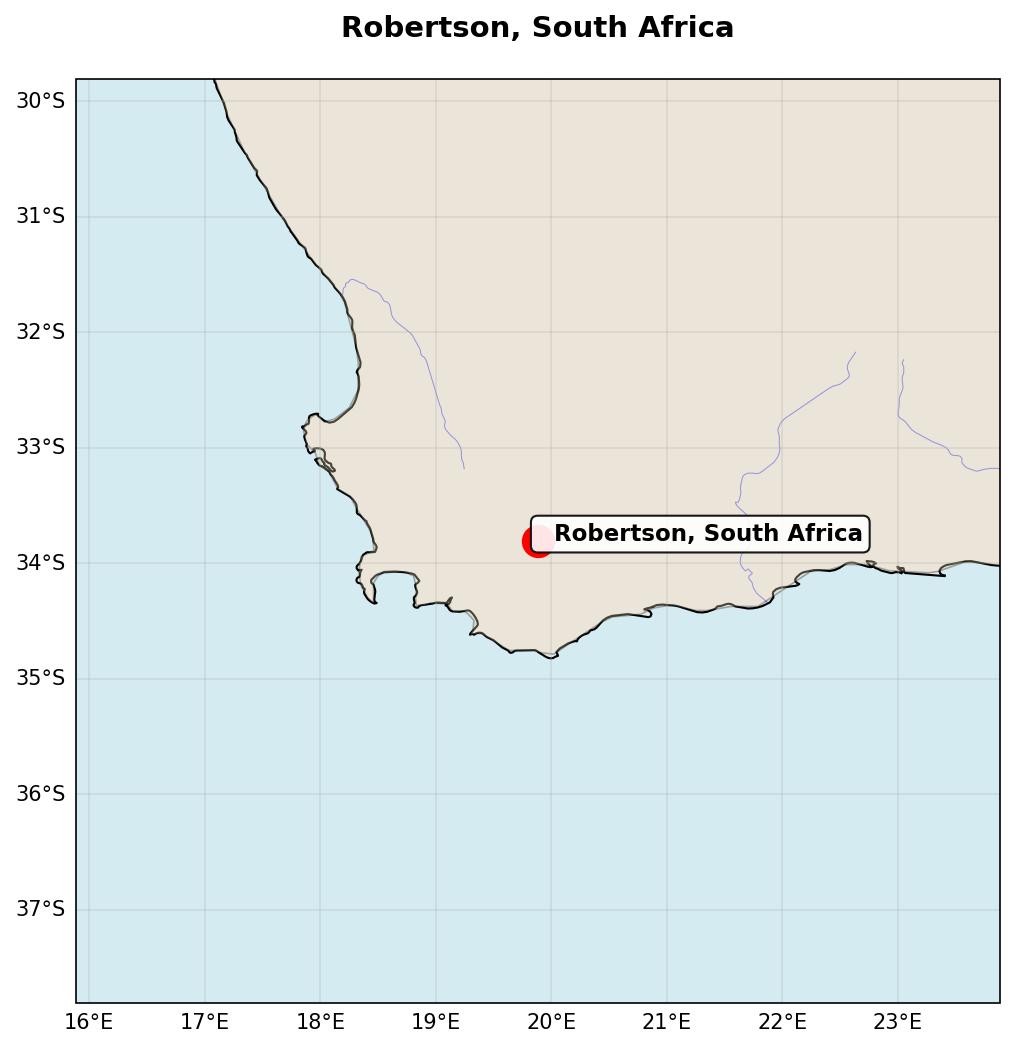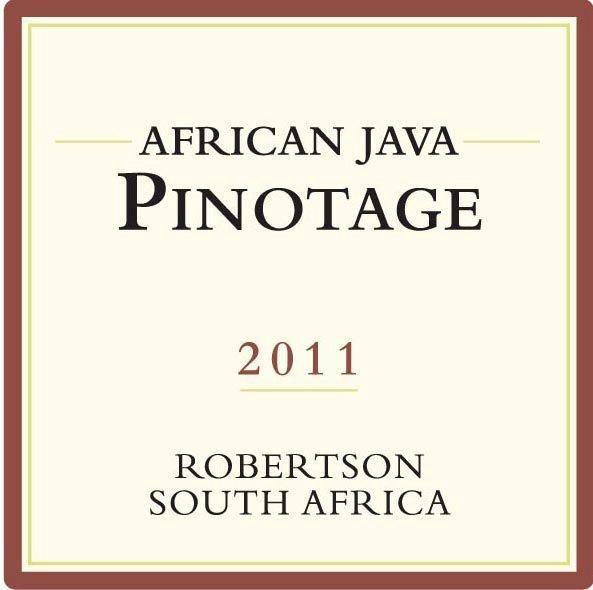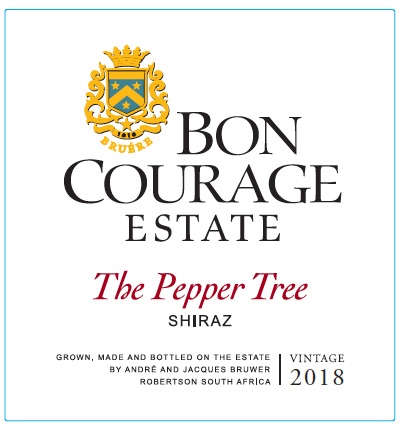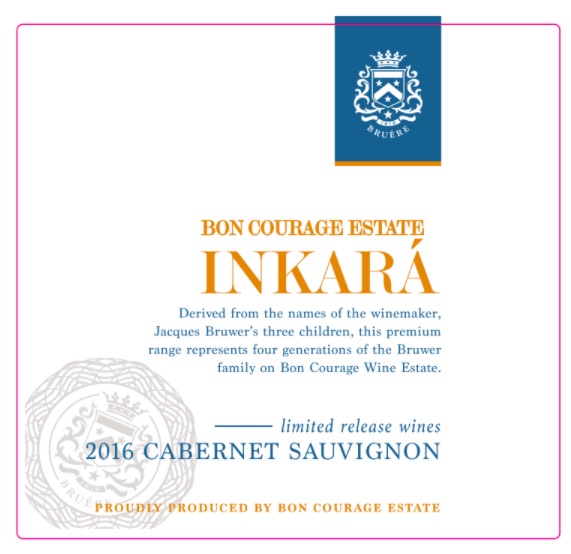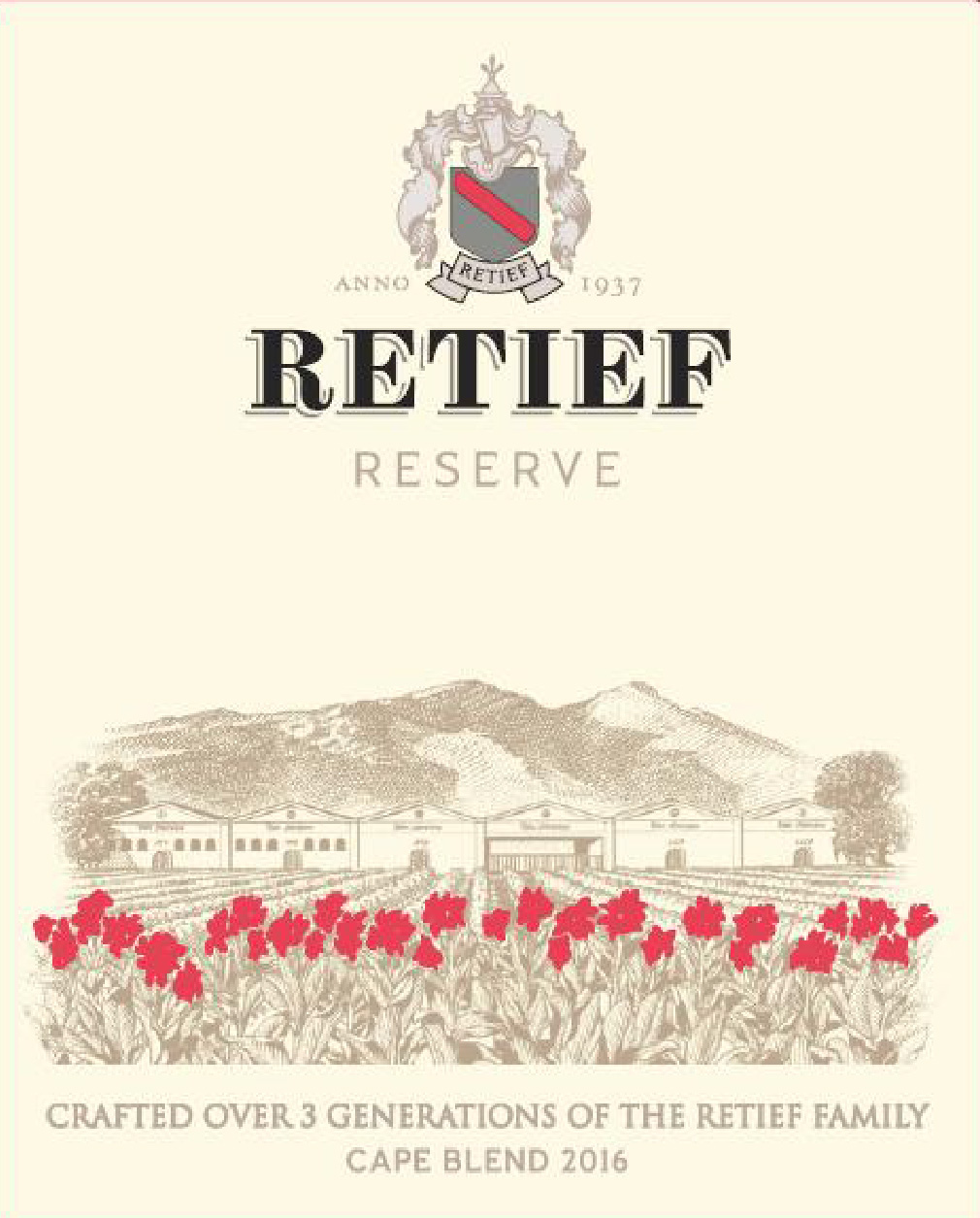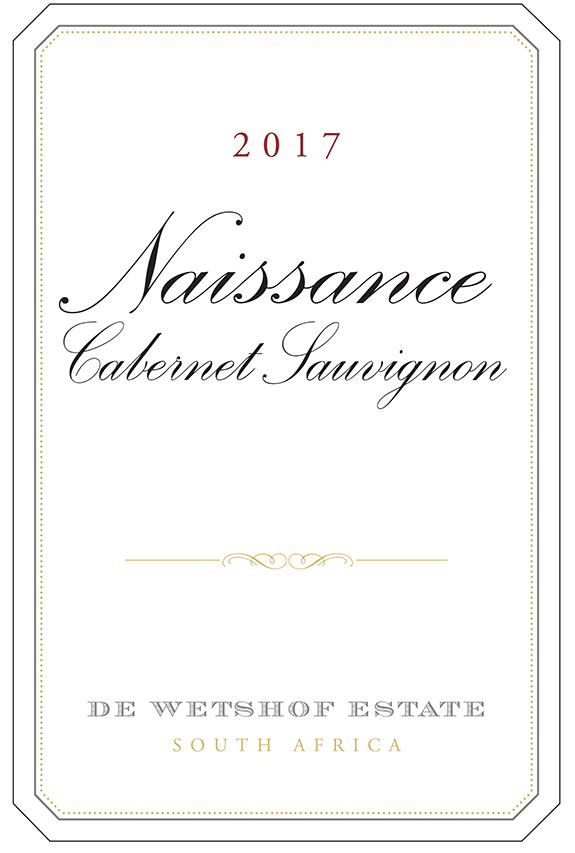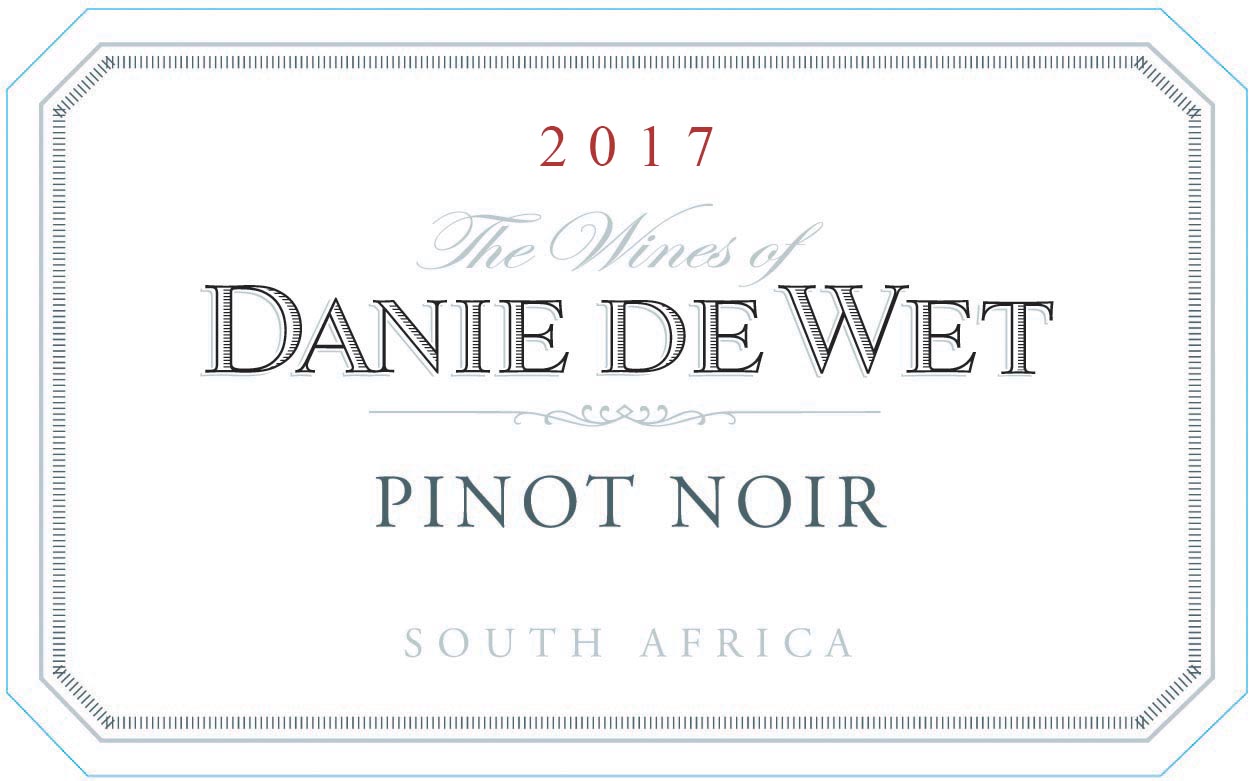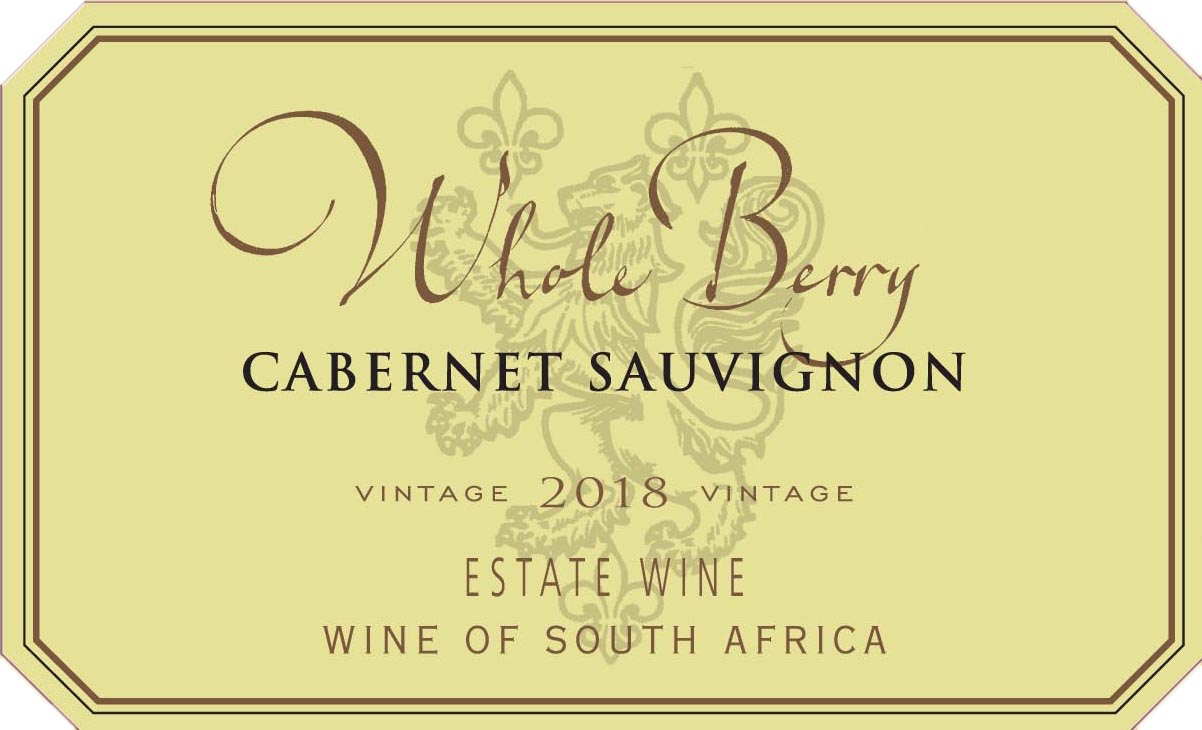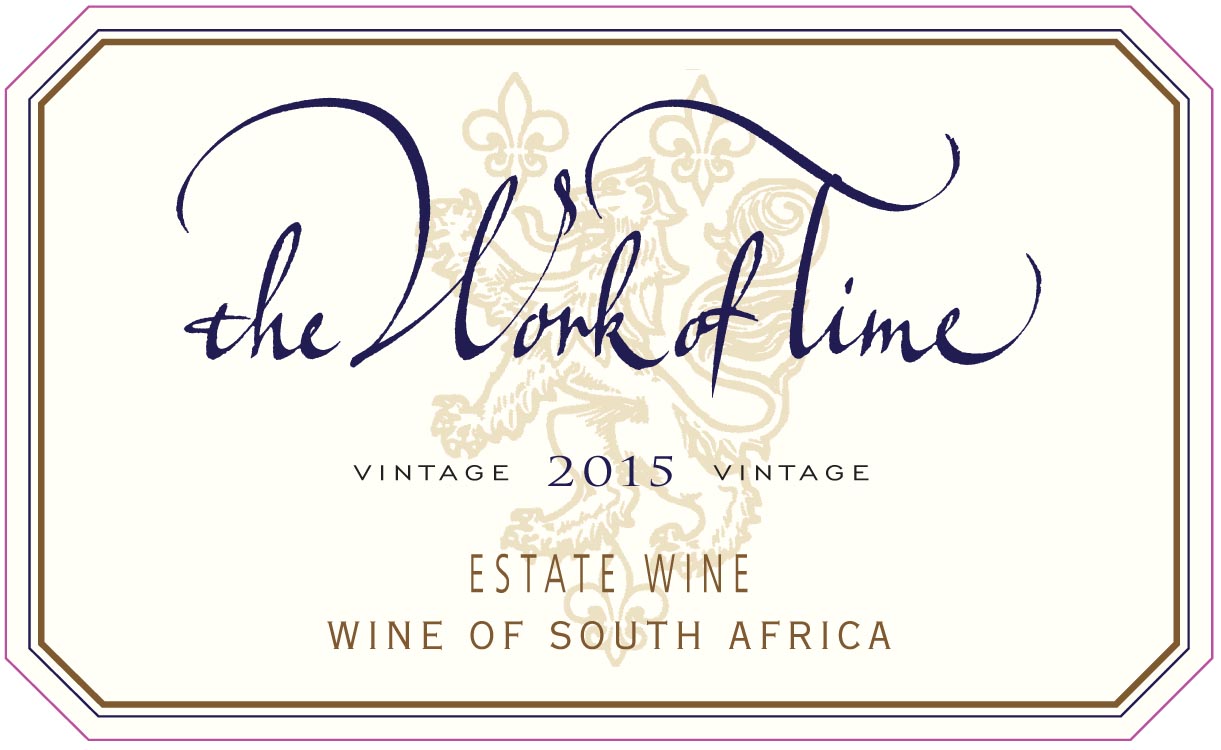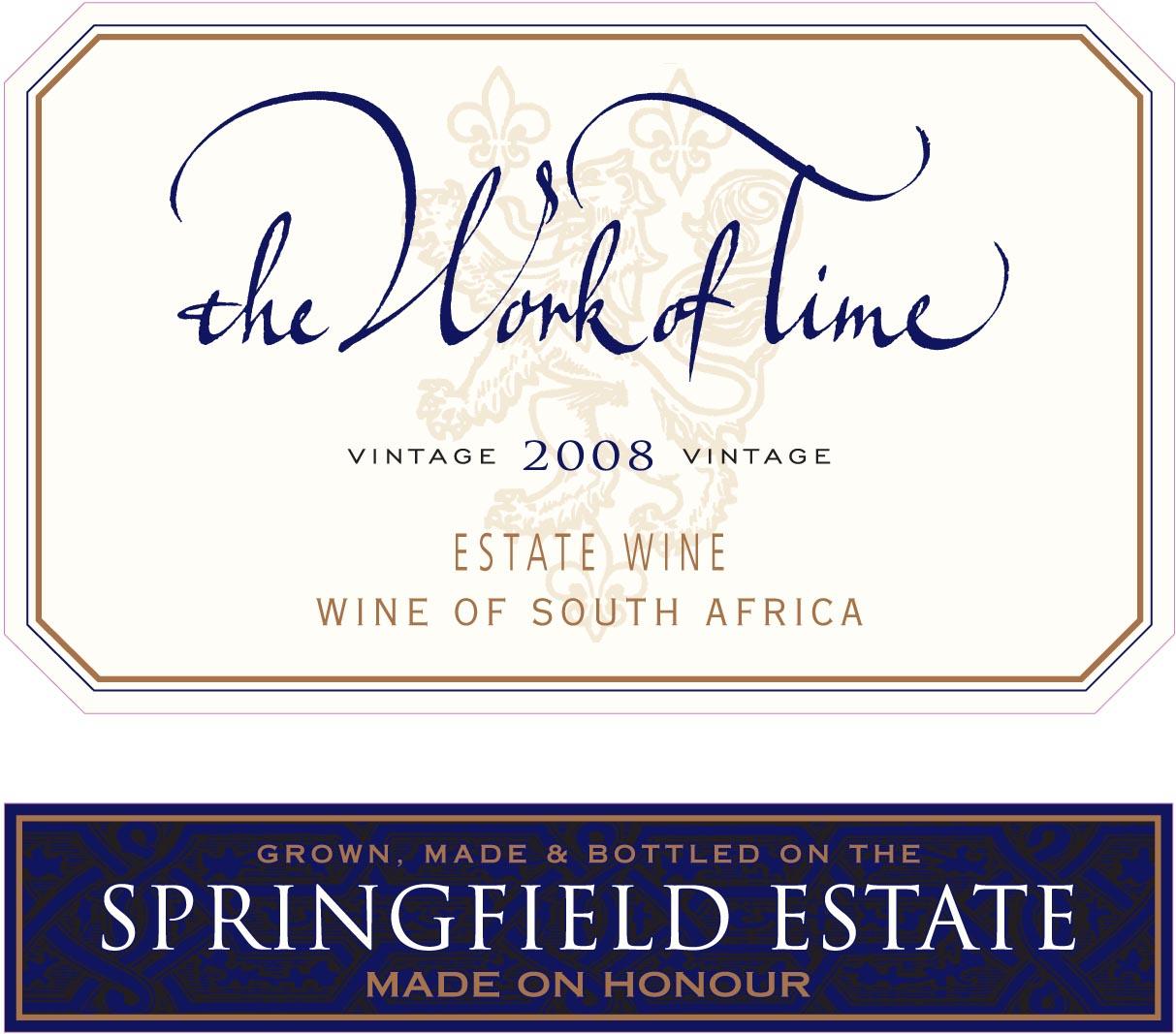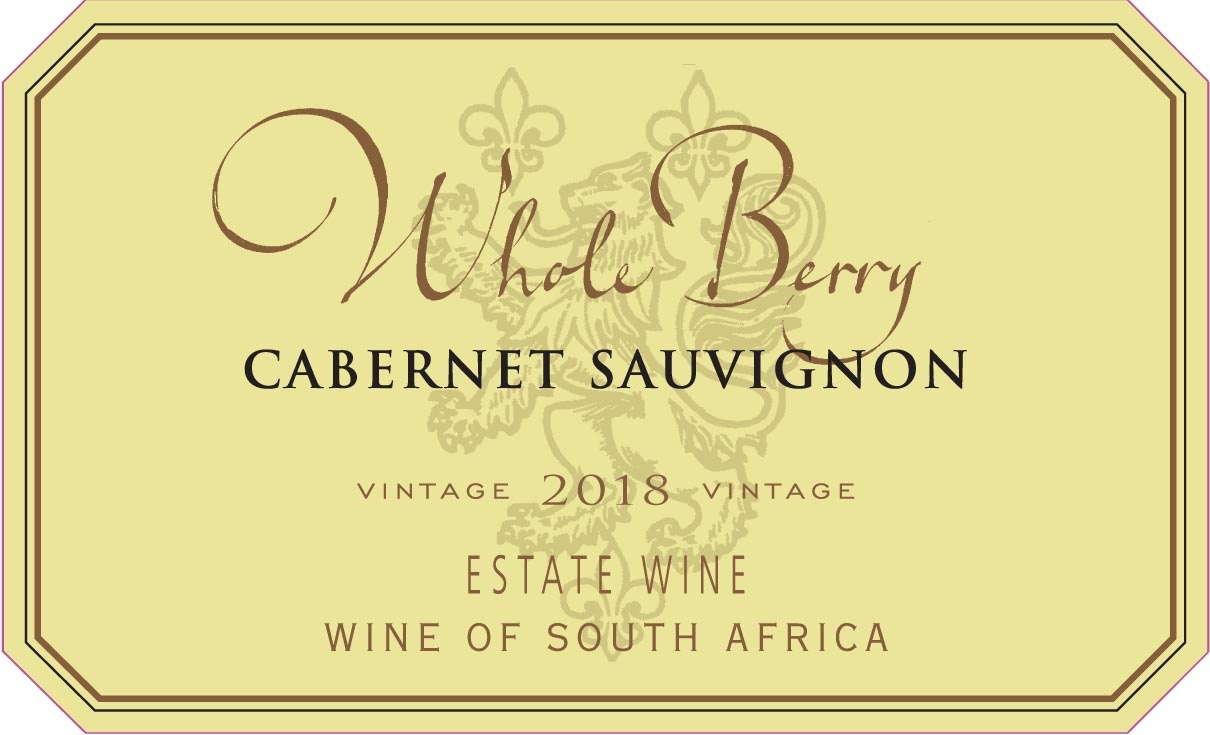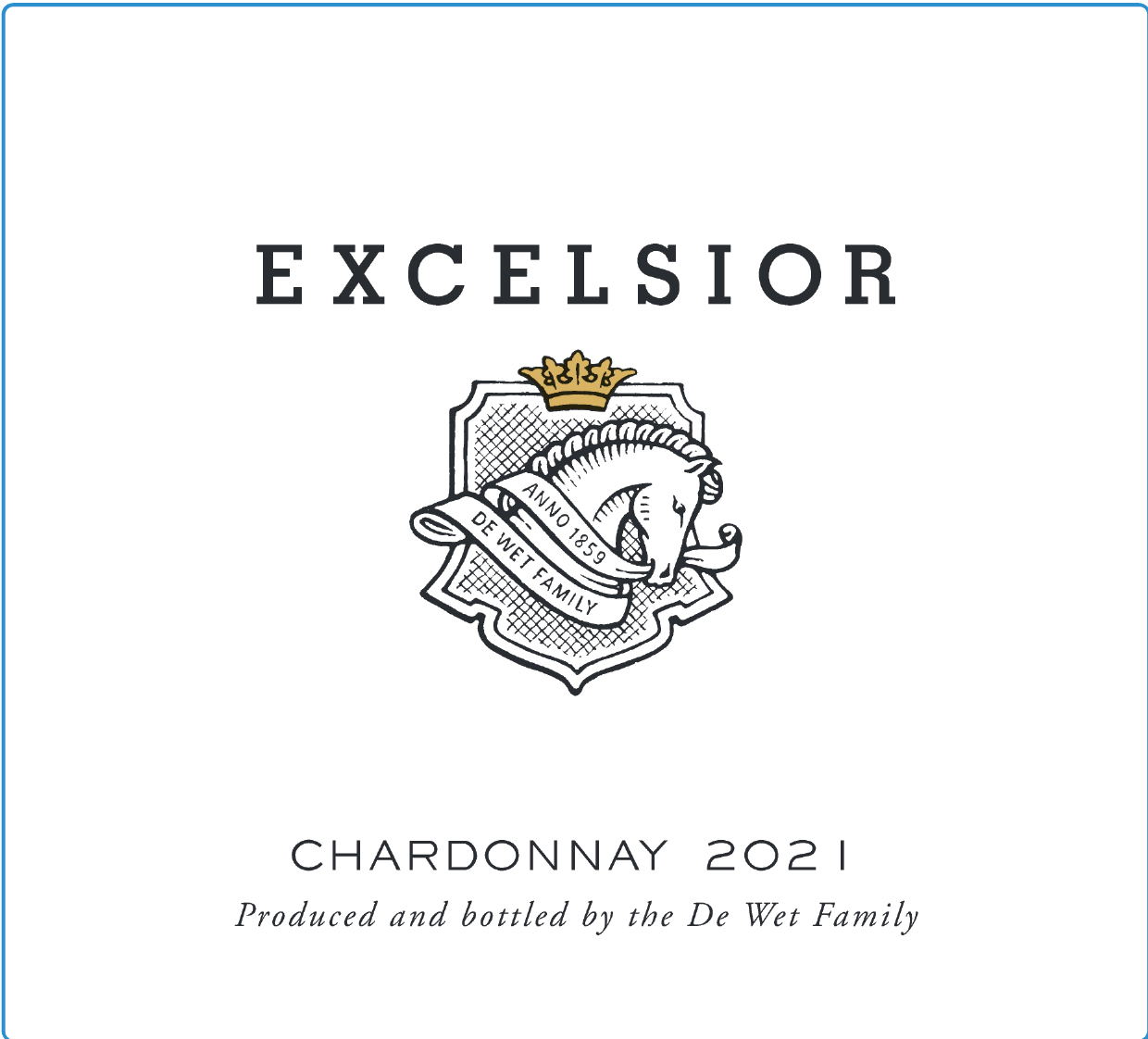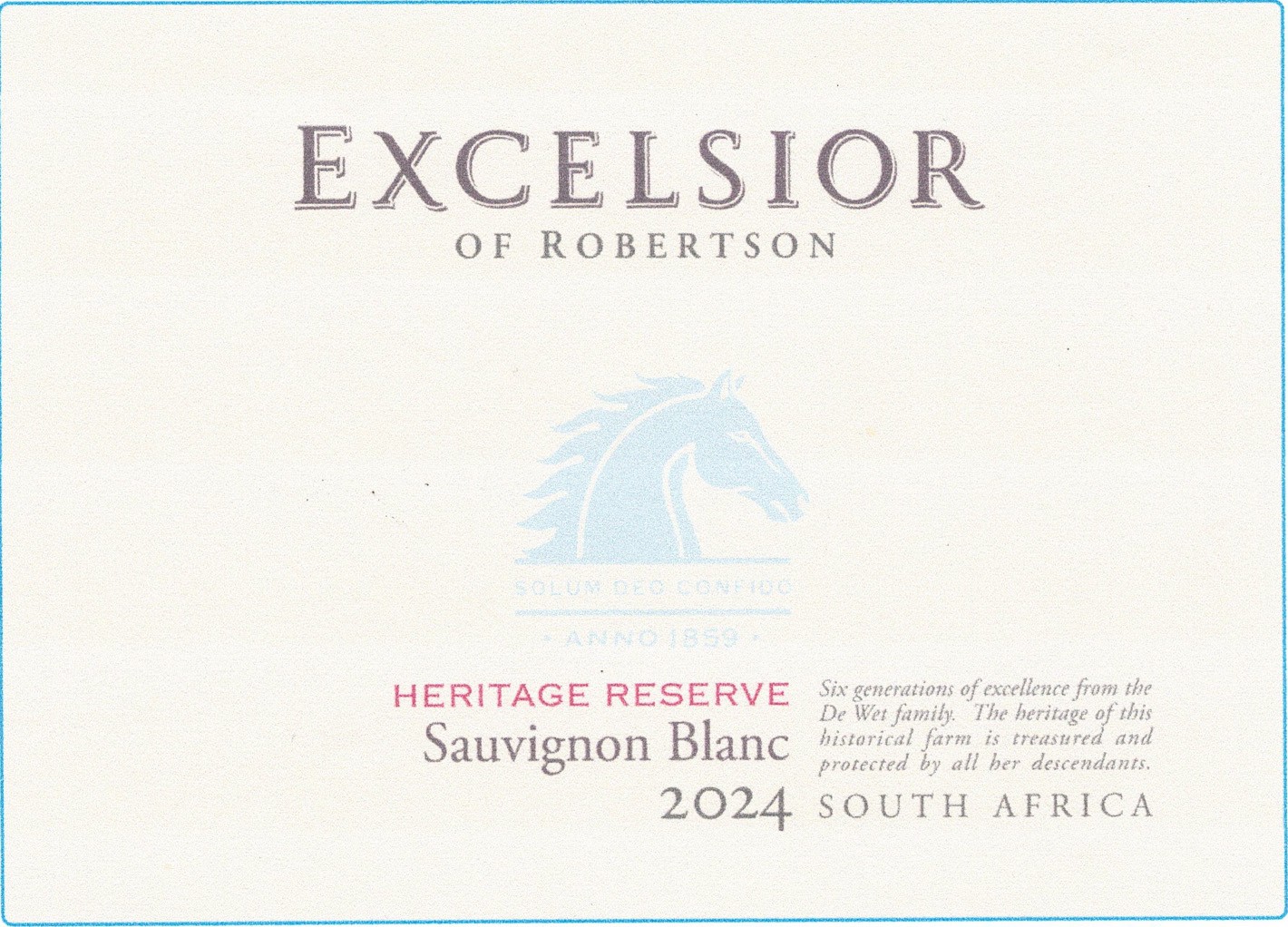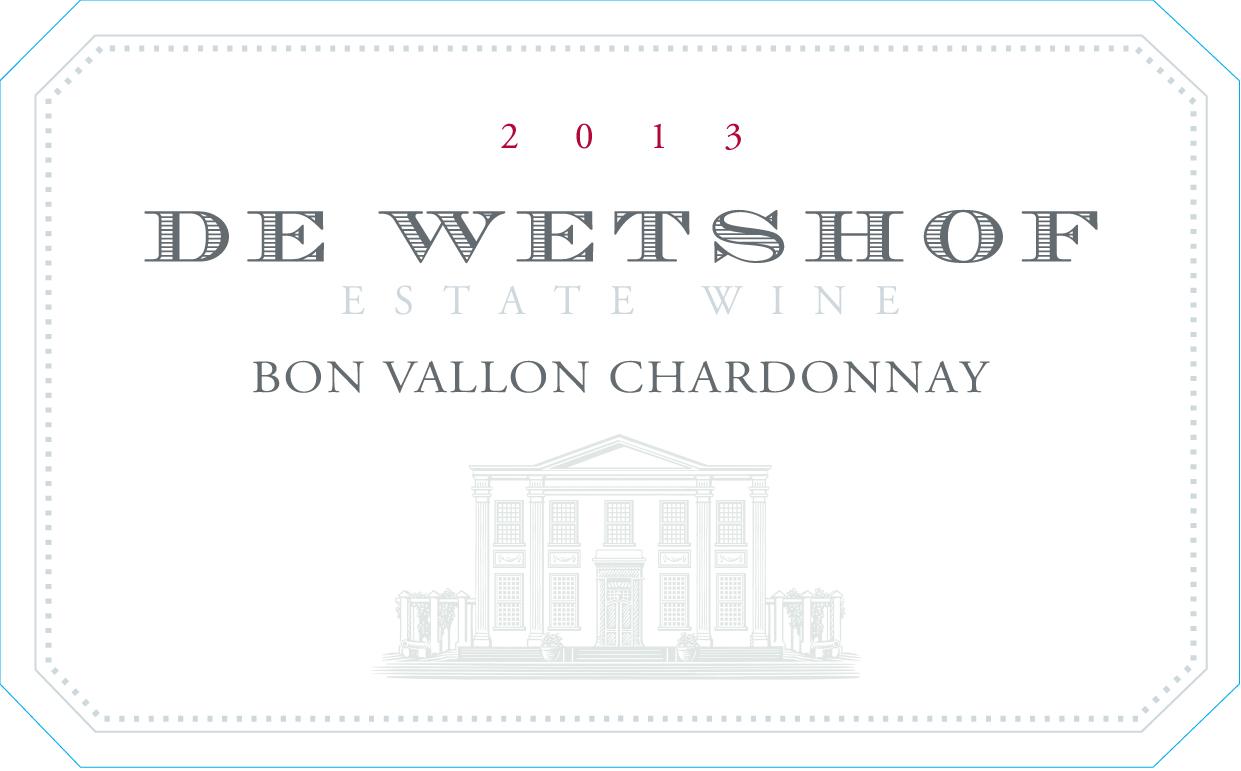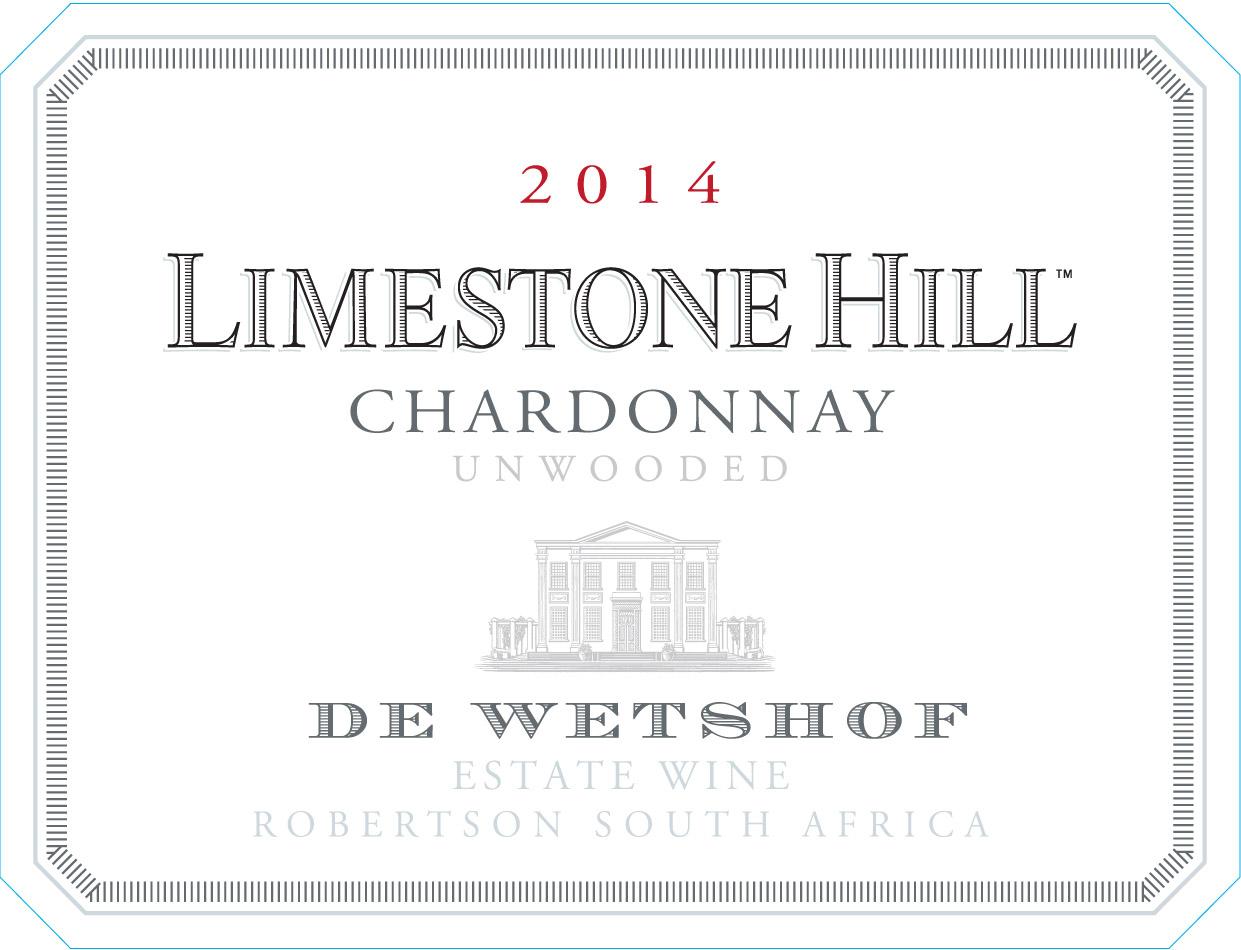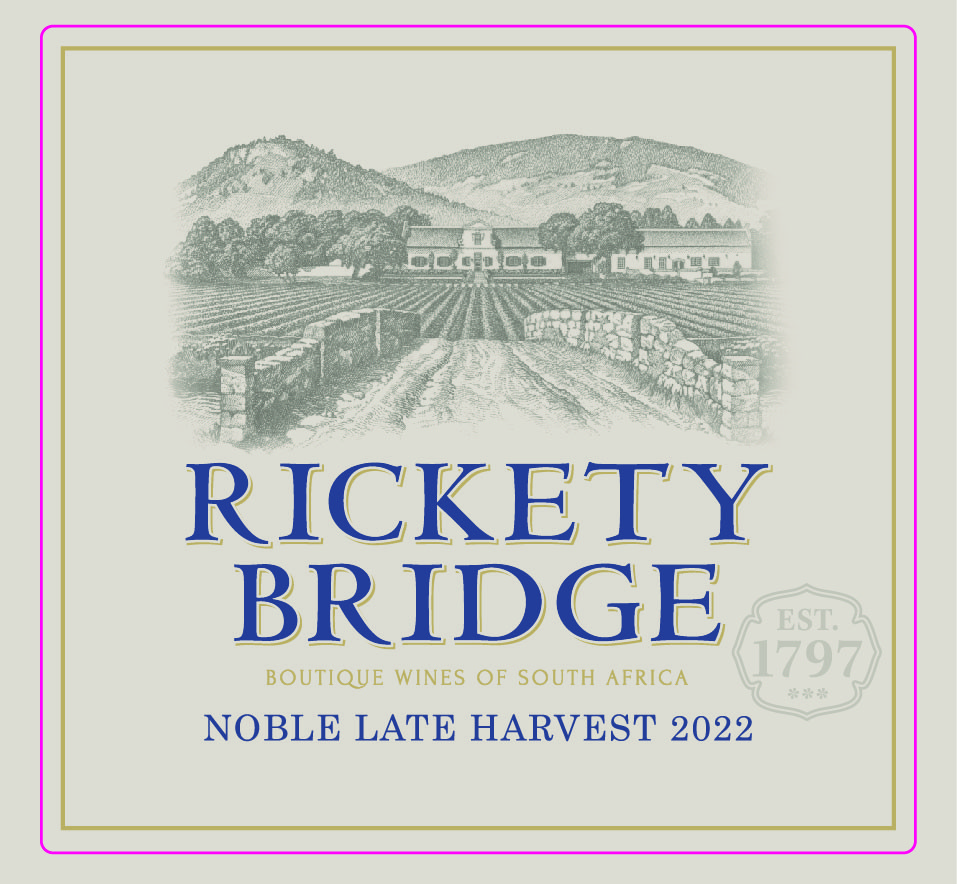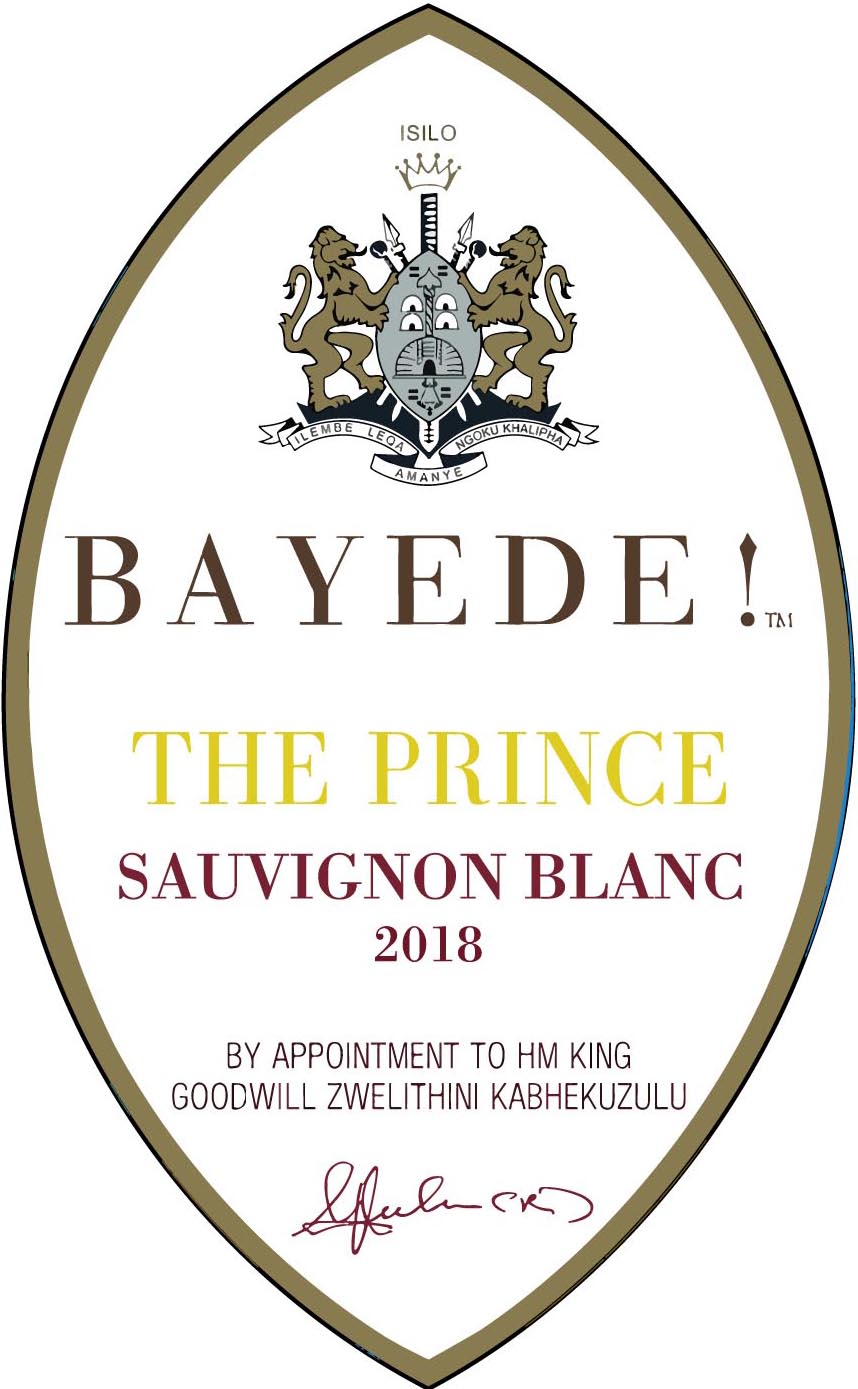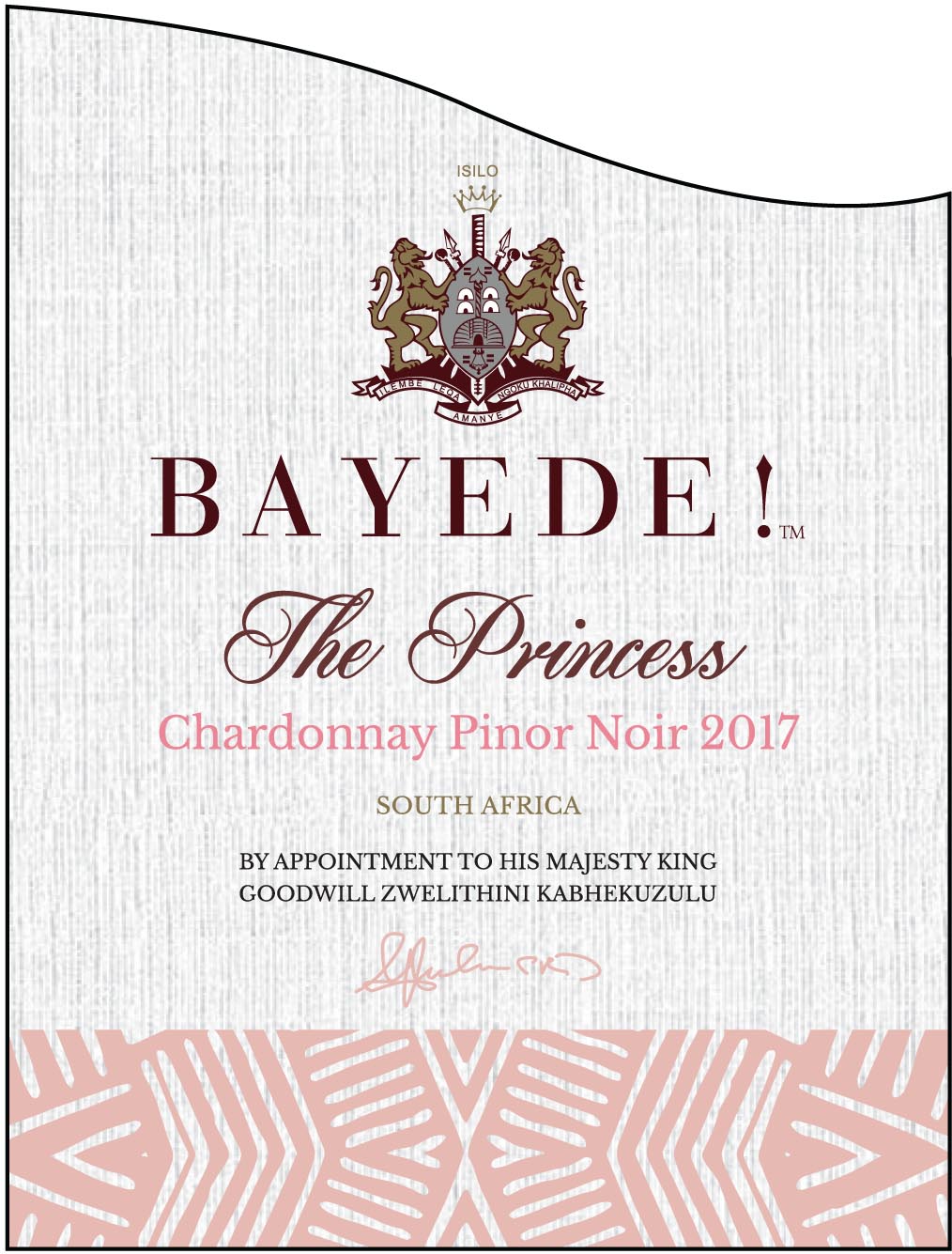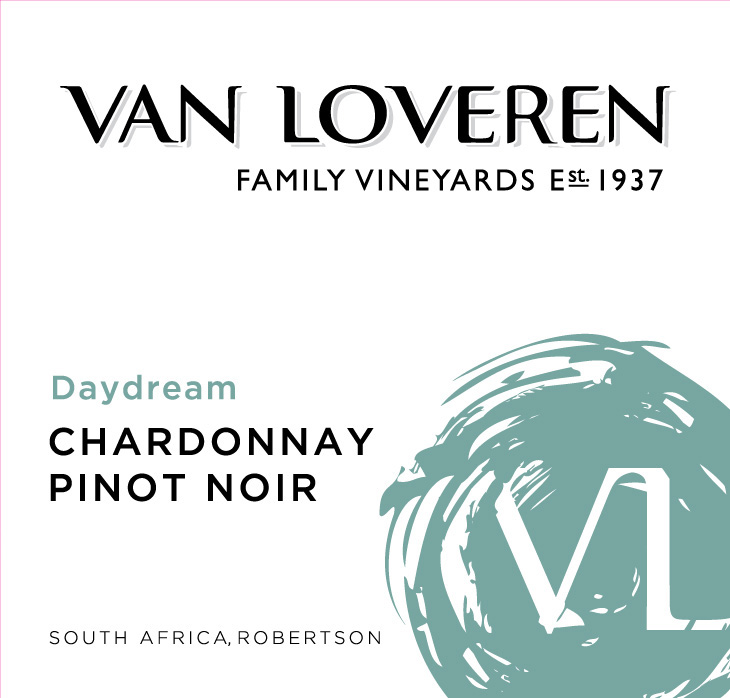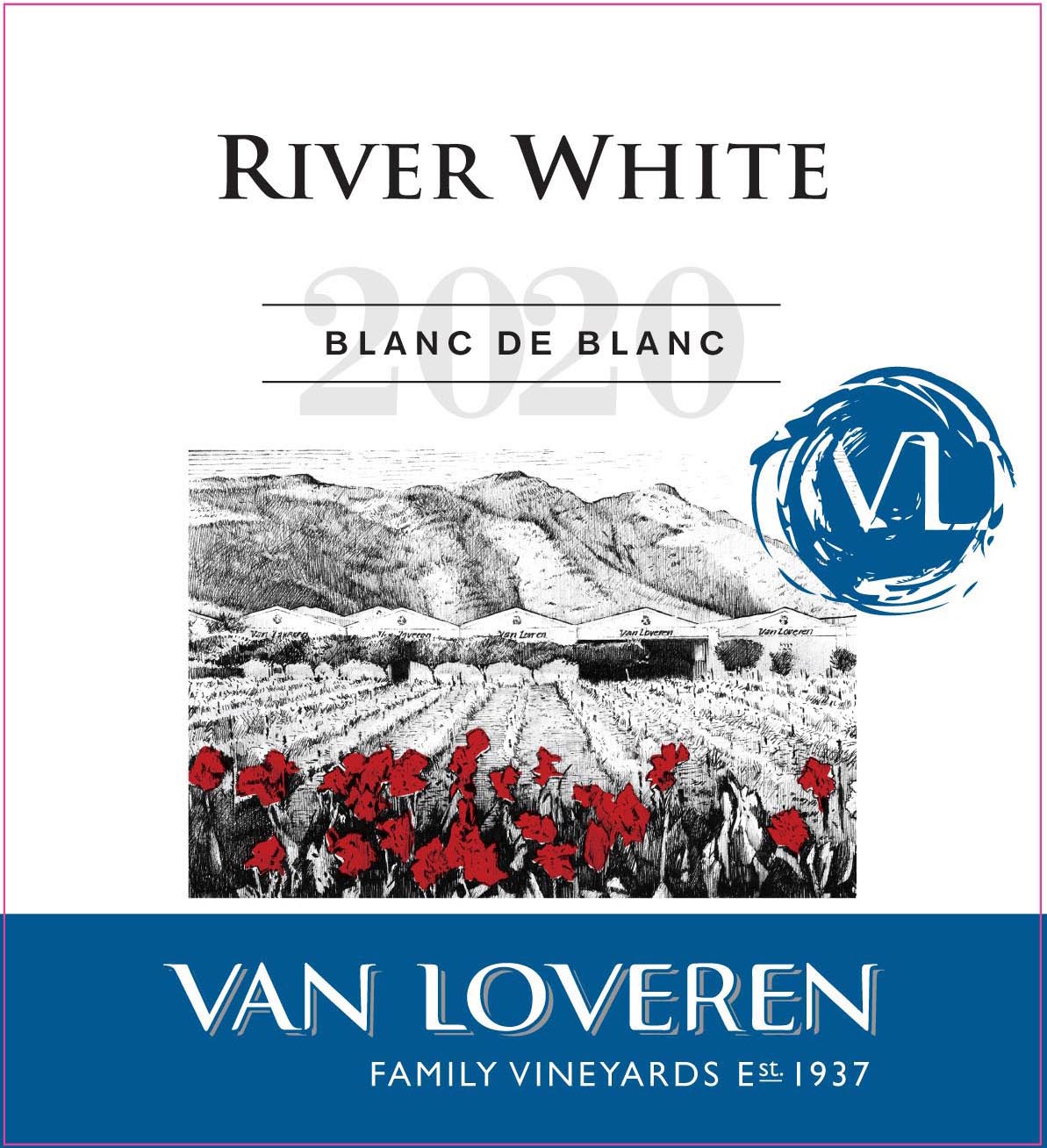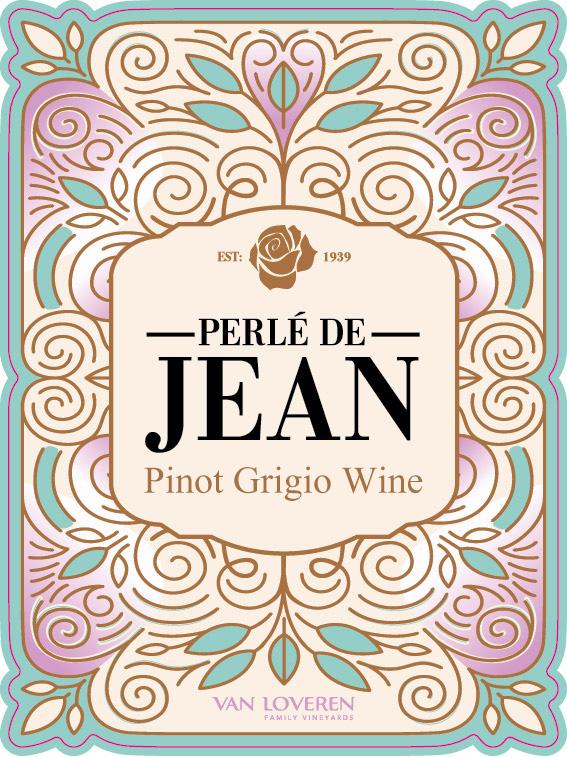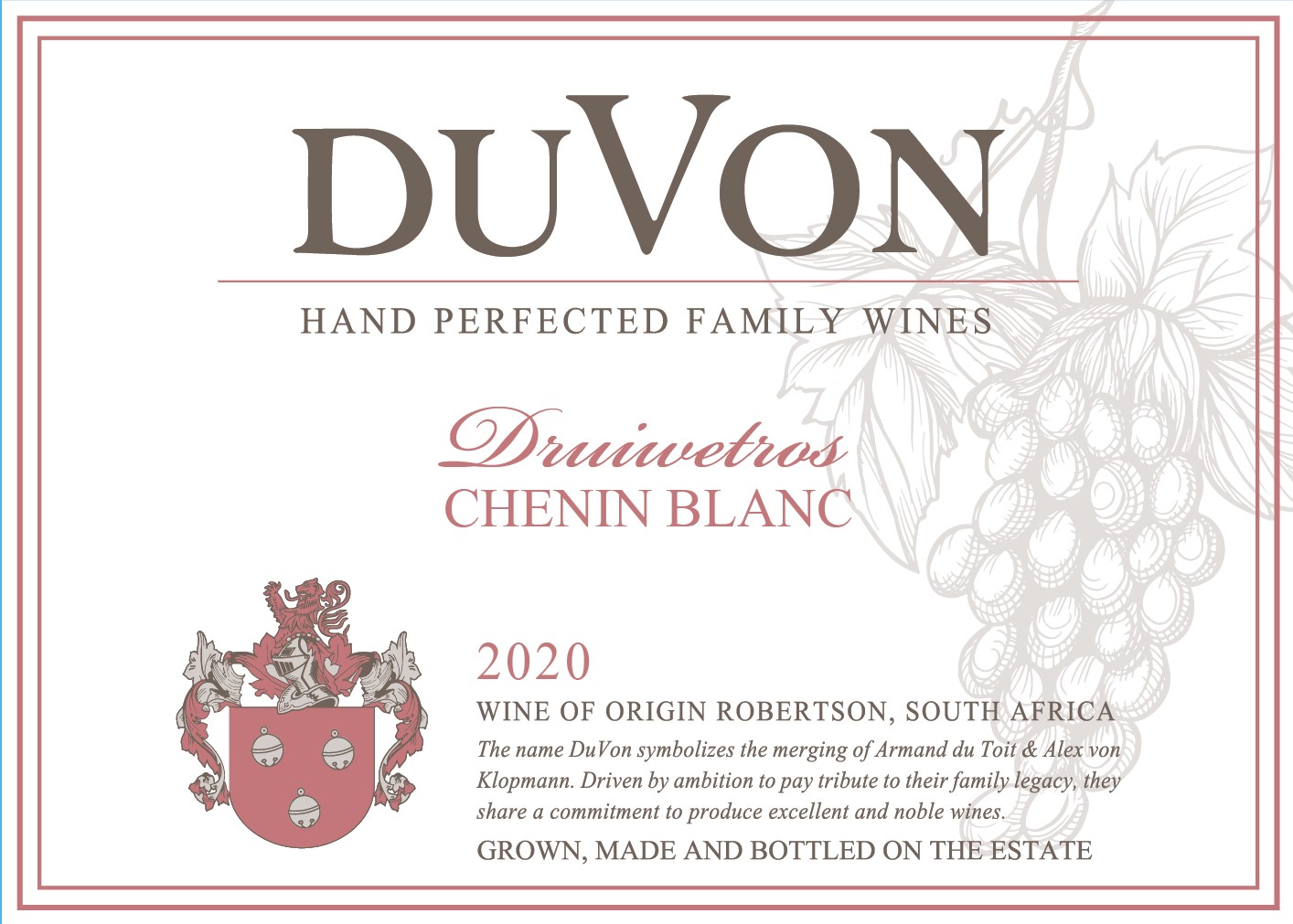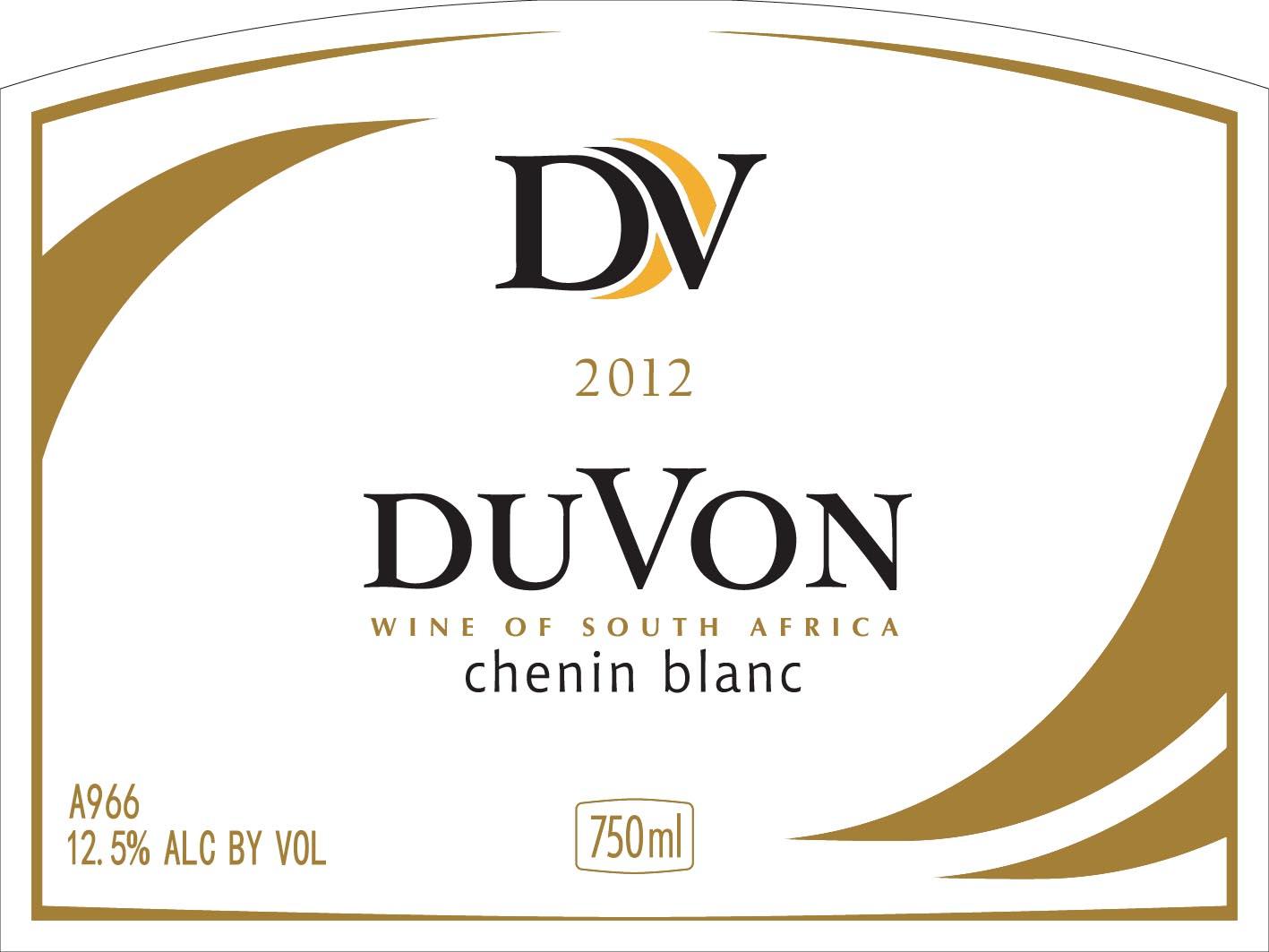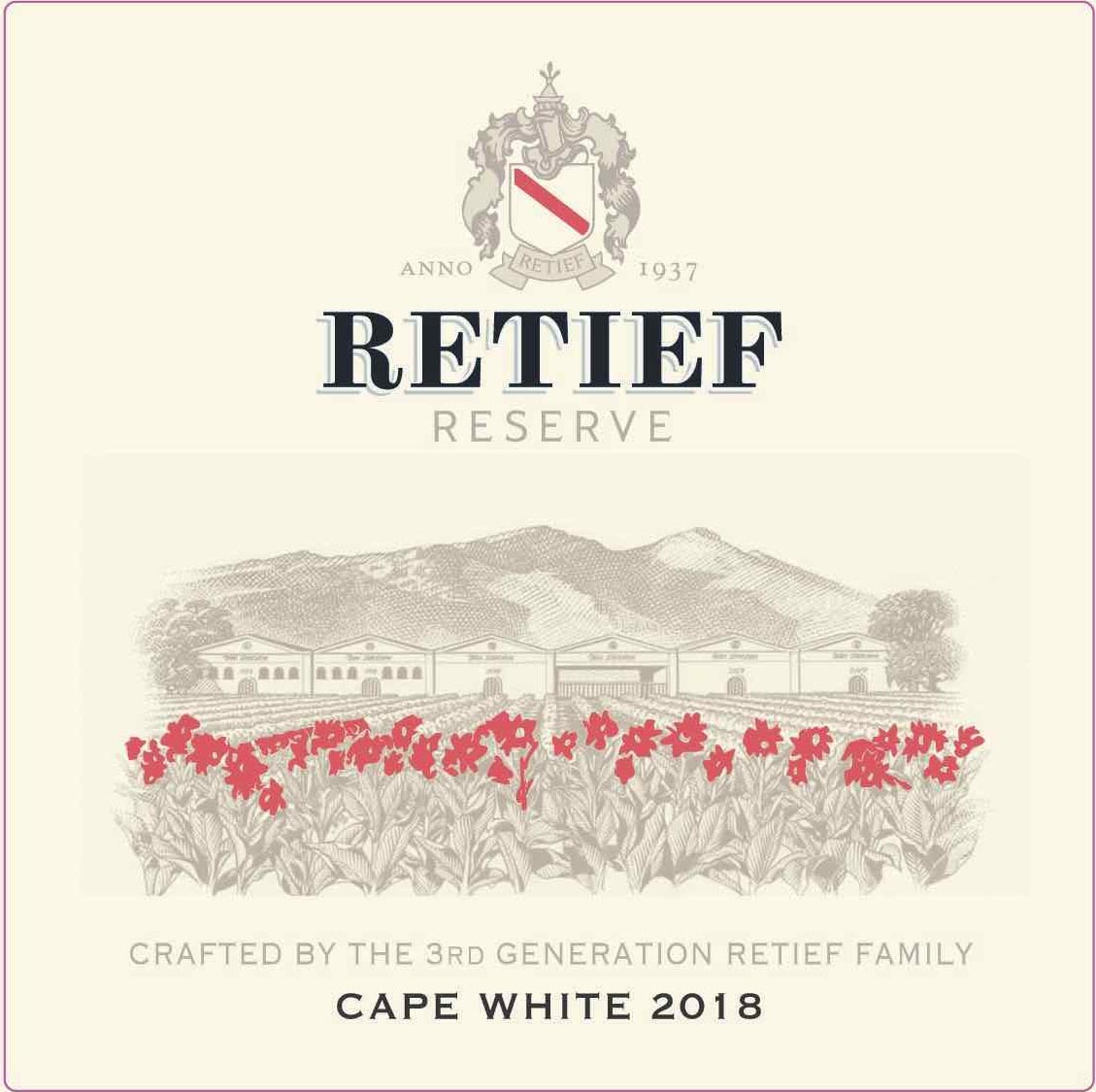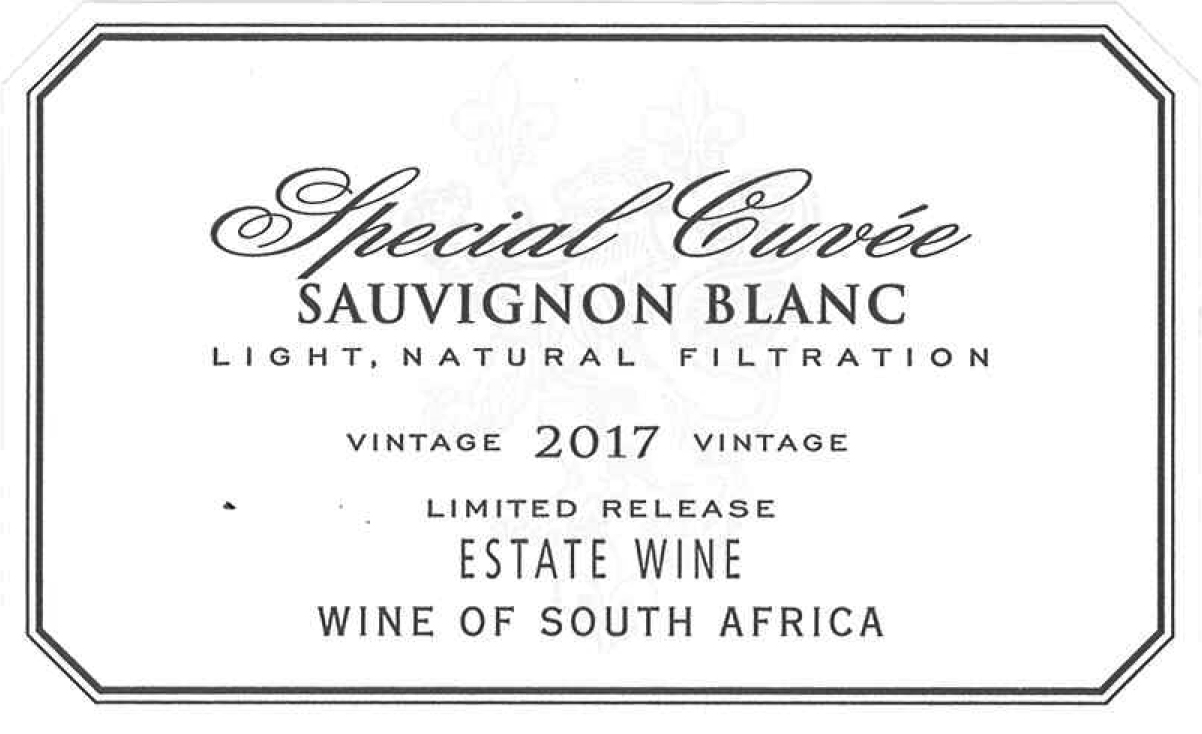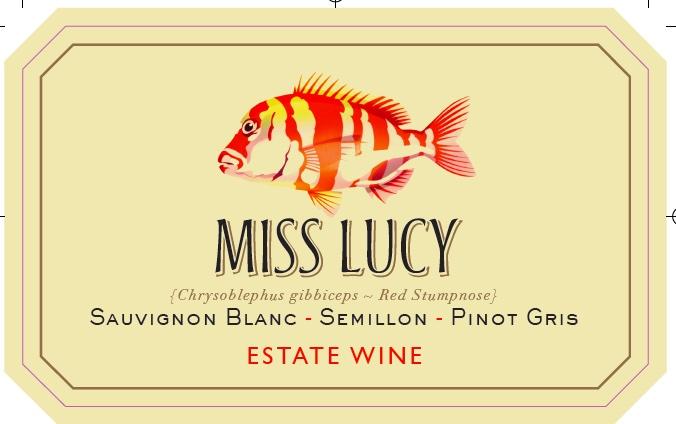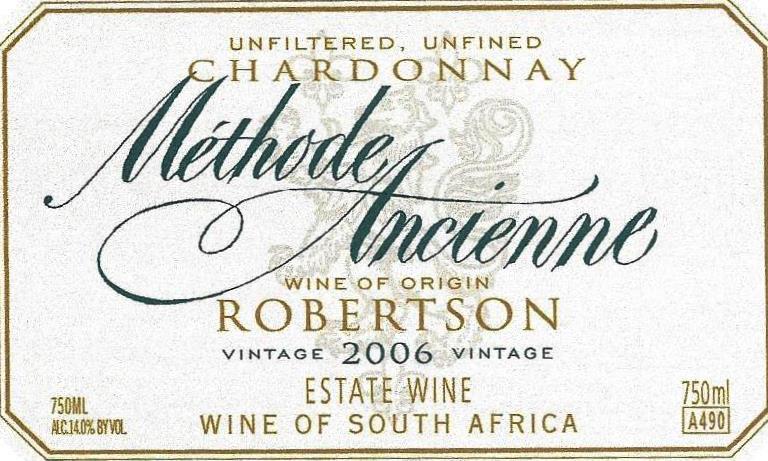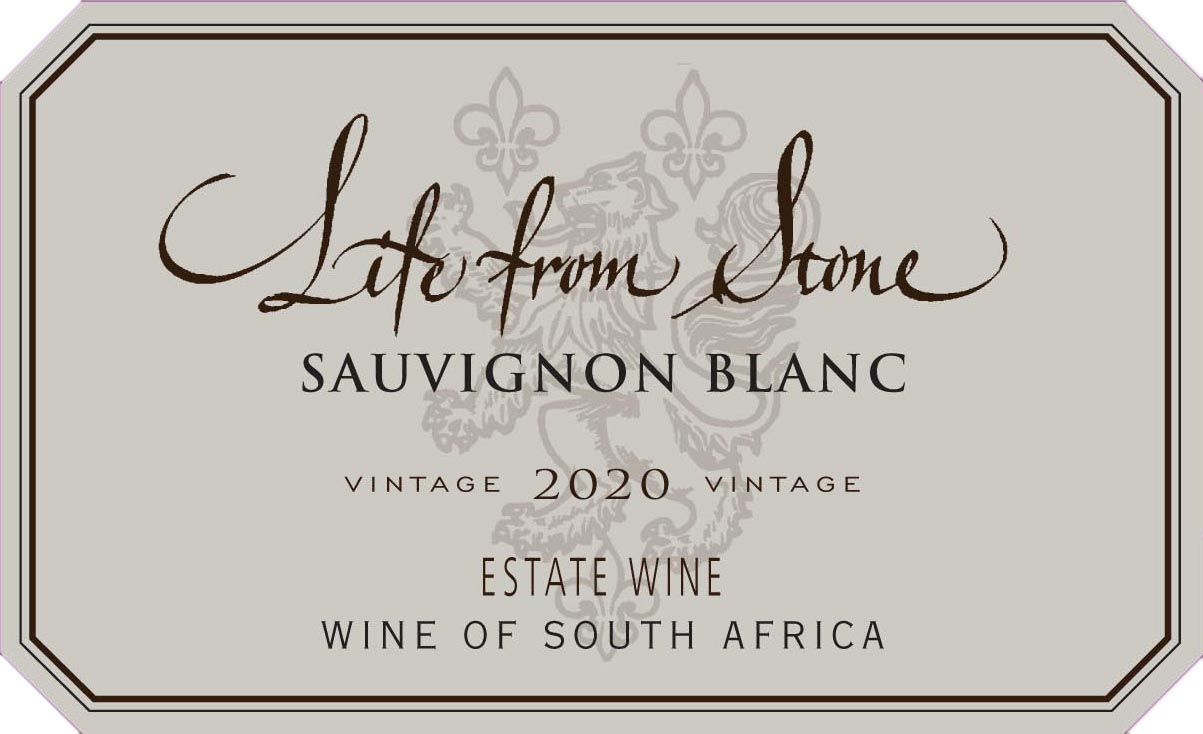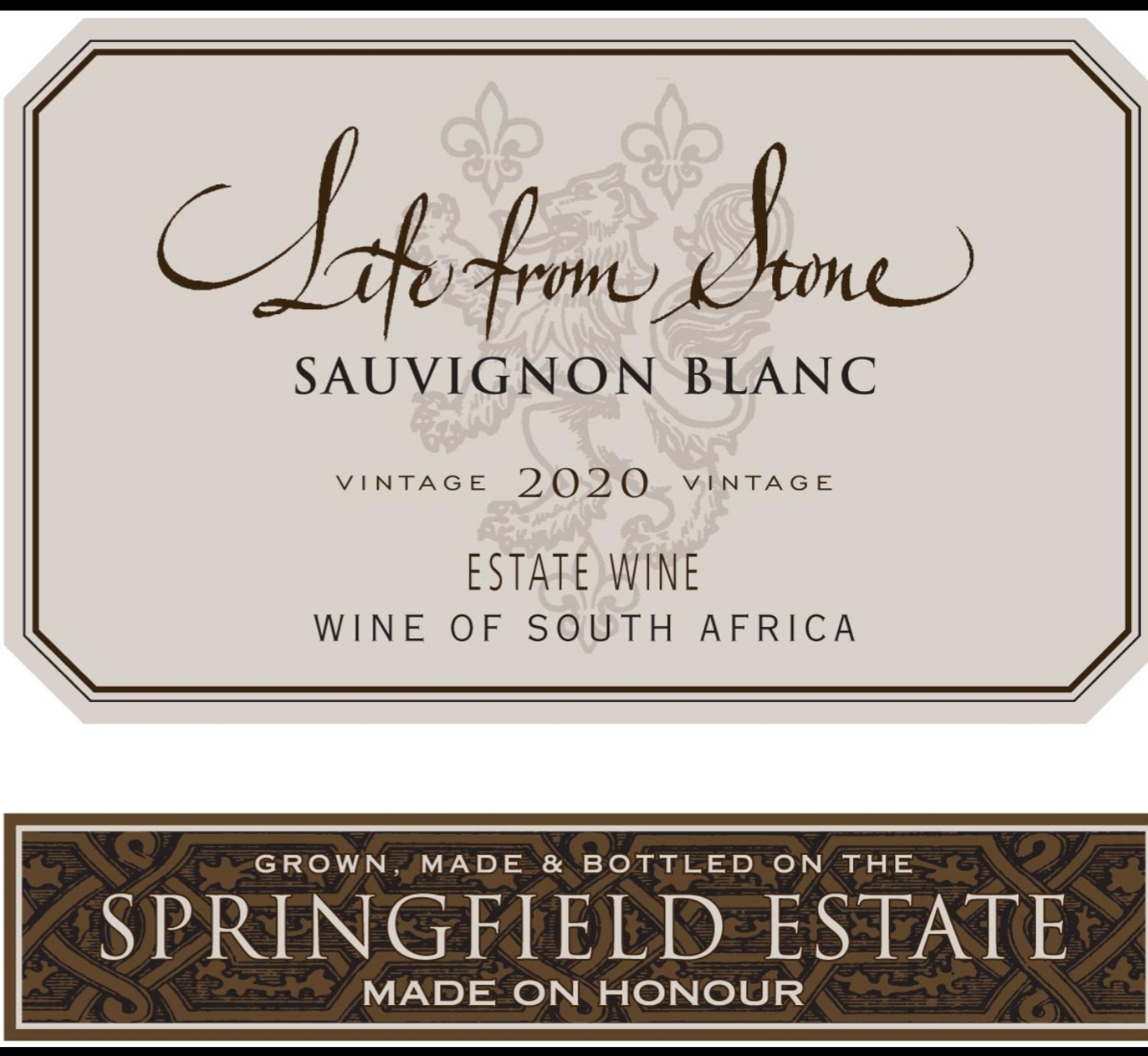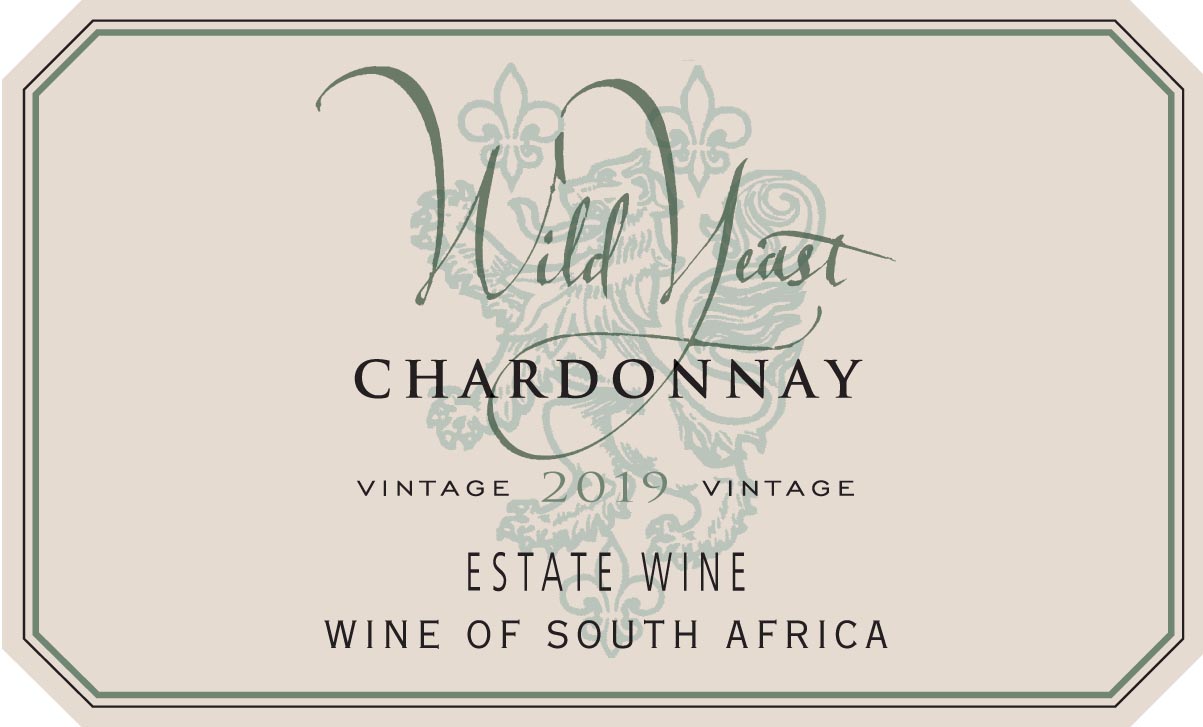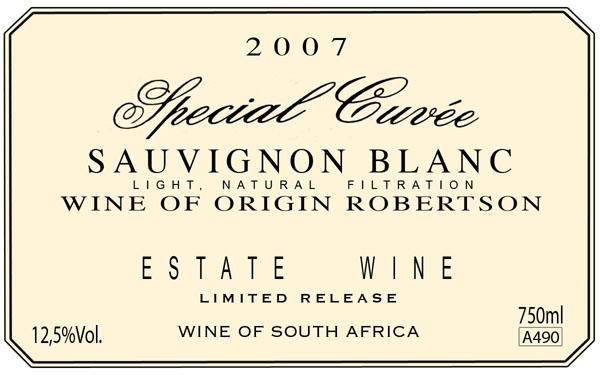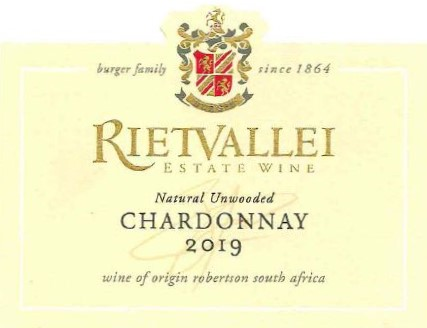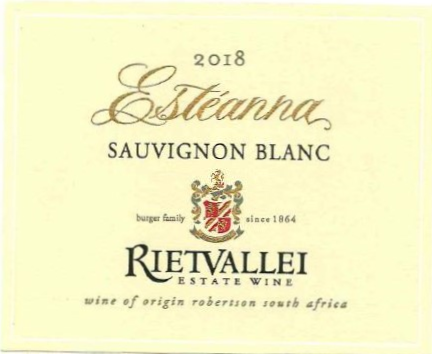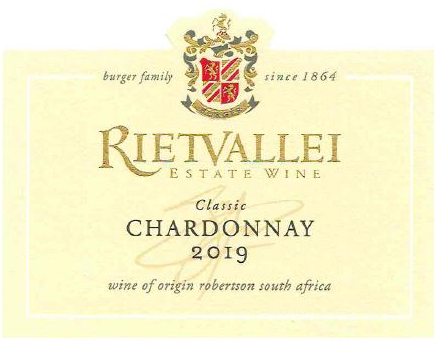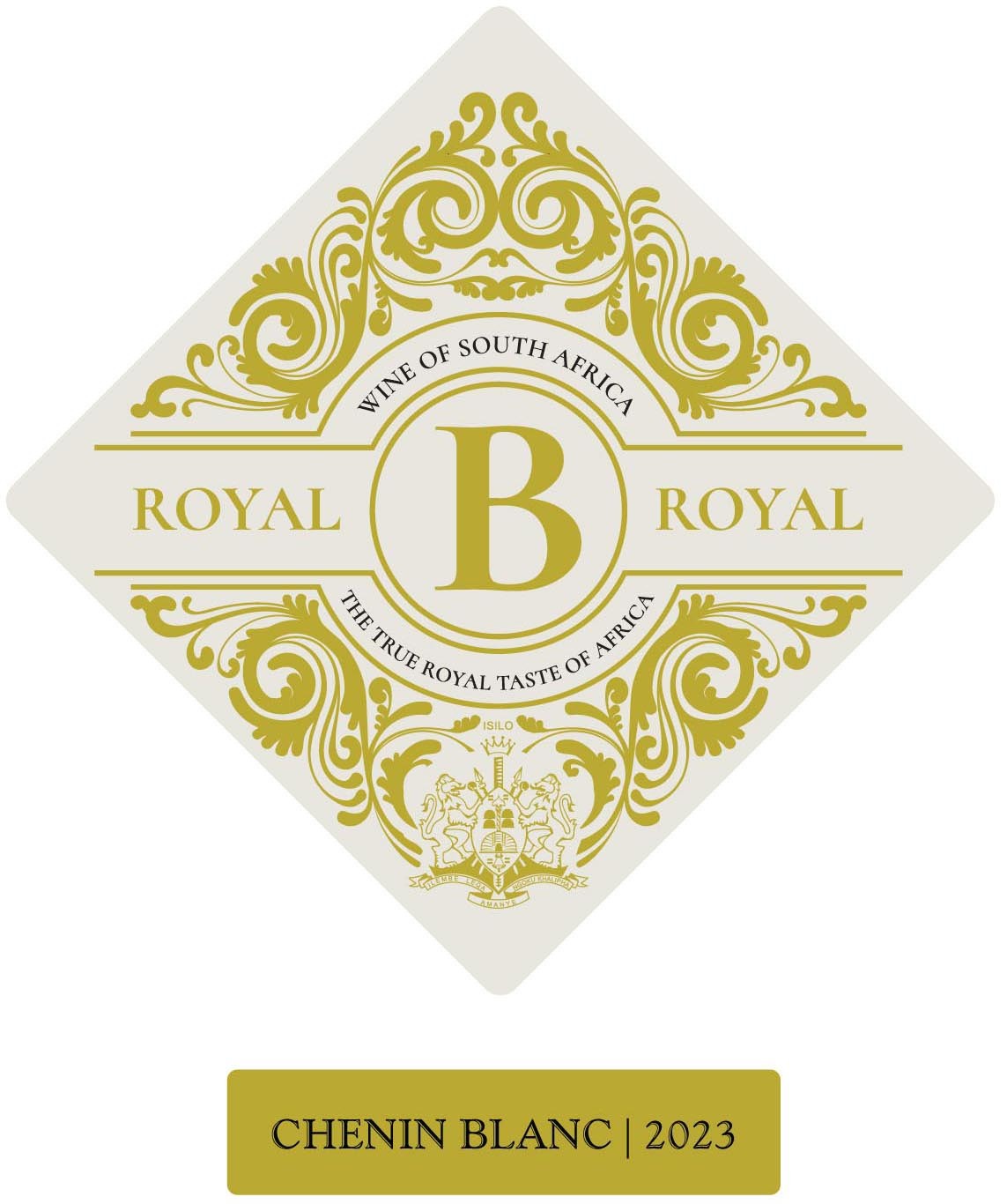Terroir of Robertson
Robertson's terroir is shaped by its warm, dry Mediterranean climate, with annual rainfall between 300–400 mm. The region benefits from cooling afternoon sea breezes and chilly nights, which help maintain grape acidity, crucial for vibrant wine profiles. Summers often see temperatures around 30 °C, while winters offer frost in higher areas, allowing vines to rest.
The diverse soils range from deep alluvial sands in the valley to well-drained, iron-rich soils on the slopes, ideal for a variety of grape types. Limestone and calcareous clay add a unique chalky minerality, especially to Chardonnay. The combination of soil types supports the growth of bold reds, zesty whites, and structured blends, enhancing Robertson's reputation for quality wines. Strategic irrigation from the Breede River further aids in grape cultivation, ensuring robust vineyards despite limited rainfall.
Notable Wineries in Robertson
Robertson, celebrated for its vibrant wine scene, hosts several remarkable wineries that capture the essence of this unique region:
- De Wetshof Estate: Founded in 1973, this estate is renowned for its outstanding Chardonnay, influenced by Burgundian traditions.
- Graham Beck Wines: Specializing in Cap Classique, this winery excels in crafting sparkling wines using traditional techniques, with grapes sourced from local limestone-rich soils.
- Robertson Winery: One of the largest cooperatives in South Africa, established in 1941, producing a wide range of approachable and value-driven wines.
- Rooiberg Winery: A cooperative founded in 1964, known for its diverse selection and commitment to sustainability.
- Springfield Estate: Known for terroir-driven wines that reflect the unique character of the region.
- Bon Courage: Offers a diverse range of wines, from everyday options to premium selections.
Sustainable Winemaking in Robertson
In Robertson, sustainability is a cornerstone of viticulture, with many vineyards adhering to South Africa's Integrated Production of Wine (IPW) guidelines. This ensures careful monitoring of environmental practices, from conserving water through drip irrigation to enriching soils with organic boosters and cover crops. By investing in solar energy and efficient lighting, many farms are reducing their carbon footprint.
Additionally, initiatives like composting vineyard prunings and implementing waste treatment facilities showcase a commitment to eco-friendly farming. Efforts to protect biodiversity by preserving fynbos and renosterveld landscapes further enhance Robertson's natural charm. These corridors support local ecosystems, contributing to the vibrant tapestry of life surrounding the vineyards. By prioritizing sustainable practices, Robertson not only safeguards its breathtaking environment but also enhances the quality of its renowned wines.
Wine Tourism in Robertson
Robertson offers a rich tapestry of wine tourism experiences, showcasing its lush vineyards and cultural charm.
- Wine Routes and Tastings: Traverse Route 62 to explore well-marked paths leading to scenic wineries with tasting rooms offering stunning views.
- Estate Experiences: Enjoy farm-to-table dining, art exhibits, and charming accommodations. Some estates offer bike rentals for leisurely exploration.
- Events and Festivals: Participate in lively harvest festivals and food-and-wine markets, celebrating local produce and crafts.
- Outdoor and Cultural Attractions: Engage in canoeing or hiking, while discovering historic Cape farm architecture and cultural sites.
Robertson's diverse offerings ensure an unforgettable journey for wine enthusiasts and those seeking cultural enrichment, all set against the backdrop of South Africa’s stunning Western Cape.
